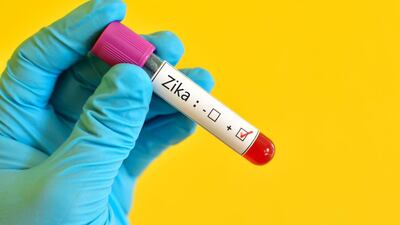The device industry and patient groups signaled general support for FDA’s early-feasibility-clinical-study draft guidance document while pushing for some improvements in written comments to the agency submitted earlier in March. The guidance, released last November, outlines new pathways for initiating and conducting first-in-human and other early-stage studies. (See Also see "Jumpstarting U.S. Device Trials? FDA Makes Effort In New Draft Guidelines" - Medtech Insight, 14 November, 2011..) Device firms were particularly supportive of the flexible approaches for notifying the agency of iterative device changes before starting the study. However, the Juvenile Diabetes Research Foundation said the final guidance “should include provisions to increase regulatory efficiency that do not rely on prospectively-identified iterations, but also those discovered during the course of the investigation.” Additionally, AdvaMed recommended FDA include in the final guidance a reference to a pending pre-submission meeting guidance, and to incorporate lessons learned from the on-going early-feasibility pilot program. The pilot was initiated in conjunction with the draft guidance release and is scheduled to go until May 2013. Johnson & Johnson also said FDA should create a process for firms to appeal an FDA determination that an early feasibility study is necessary when the sponsor believes the risk-benefit analysis supports moving right to a pivotal trial.
The Circulatory System Devices panel will discuss and vote on the HeartWare ventricular assist system for use as a bridge to cardiac transplantation in patients at risk of death from...
Read the full article – start your free trial today!
Join thousands of industry professionals who rely on Medtech Insight for daily insights
- Start your 7-day free trial
- Explore trusted news, analysis, and insights
- Access comprehensive global coverage
- Enjoy instant access – no credit card required
Already a subscriber?





